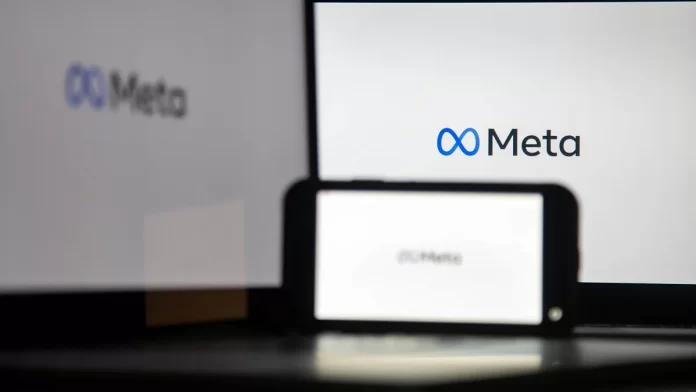New Delhi: The social media tech firm Meta, formerly Facebook, has introduced a number of measures in India to stop women from being exploited on the internet, chief among them being launching the StopNCII.org website for users in the country.
StopNCII.org stands for ‘Stop Non-Consensual Intimate Image Abuse’ and Meta operates the platform with the UK’s Revenge Porn Helpline. The platform, based on a pilot project Meta ran in 2018, is used to stop non-consensual intimate images from being shared on Facebook and Instagram.
The initiatives were launched Thursday.
For the StopNCII.org initiative in India, Meta has partnered with Delhi NGOs Social Media Matters and the Centre for Social Research, and the Mumbai non-profit Red Dot Foundation.
How does StopNCII.org work?
Women in India can now visit the website to prevent the non-consensual spread of their images.
The website has a tool that can be used to generate a hash (a unique random string of alphanumerics) of particular images and videos. StopNCII.org will then share the hash with tech platforms participating in the initiative so that they can detect the content, remove it, and stop it from being shared any further.
There are, however, a few caveats in how effective this initiative can be. For instance, the only tech platforms currently shown as part of the initiative are Meta’s own Facebook and Instagram.
The initiative at present only works for you if one is in the image or video; if one is 18 years or older when the content was recorded; if one still has a copy of the content; and if one is “nude, semi-nude, or engaging in a sexual act in the image/video”.
Also read: Facebook doesn’t need to change its name, it should change its algorithms
Other Meta initiatives
Other Meta initiatives include the launch of a ‘Women’s Safety Hub’ in 12 Indian languages — Hindi, Marathi, Punjabi, Gujarati, Tamil, Telugu, Urdu, Bengali, Odia, Assamese, Kannada and Malayalam.
The Safety Hub has information on how women can be safe online and make the best use of social media.
Another initiative announced was the release of a paper commissioned by Meta and conducted by the Bengaluru-based Sattva Consulting titled, ‘Connect, Collaborate and Create: Women and Social Media During the Pandemic’.
The paper found that only 33 per cent of women in India use social media, compared to 67 per cent of men, the disparity exacerbated by reasons such as rural India’s patchy internet connectivity, a lack of device ownership, and poor digital literacy.
Also read: Goodbye, Facebook; Hello, Meta — Why name change reflects poor judgement by Zuckerberg



